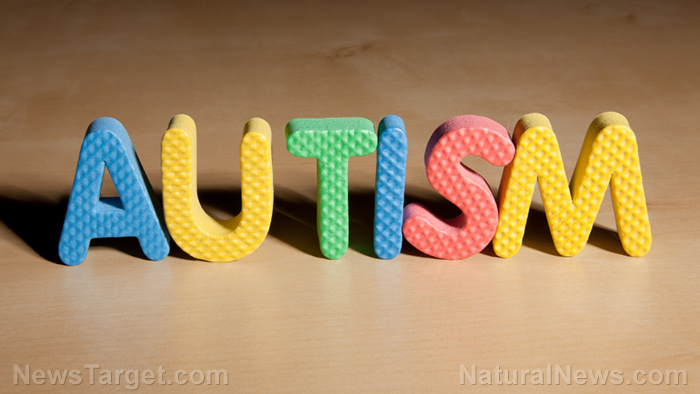
New Zealand recorded its first death linked to the Pfizer/BioNTech COVID-19 vaccine after a woman suffered heart muscle inflammation as a side effect, says the health ministry. This is the first case in the country where death came in the days following the vaccination.
The vaccine monitoring panel attributed the woman's death to myocarditis, a known side effect of the Pfizer vaccine. The board said that the myocarditis "was probably due to vaccination," although other medical issues cannot be ruled out, which may have influenced the outcome after the vaccination.
Myocarditis is an inflammation of the heart muscle, limiting its ability to pump blood and cause changes in heartbeat rhythms.
Pfizer also said that it recognized that there could be reports of this illness after vaccination, although it insisted that such side effects were rare. The company said that it takes adverse events associated with its vaccine very seriously.
However, they also added: "The benefits of vaccination with the Pfizer COVID-19 vaccine continue to greatly outweigh the risk of both COVID-19 infection and vaccine side effects, including myocarditis."
Regulators in the United States, the European Union, and the World Health Organization have all said that mRNA vaccines from Pfizer and BioNTech as well as those by Moderna are associated with rare cases of myocarditis or pericarditis (inflammation of the lining around the heart), but that the benefits of the shots outweigh any risks.
The risk of myocarditis was 18.5 per million doses given among people aged 18 to 24 after their second dose, and 20.2 per million for the same age group for Moderna recipients.
Symptoms of myocarditis include new-onset chest pain, shortness of breath, and abnormal heartbeat. It is important that those who experience these symptoms in the first few days after vaccination seek medical attention as soon as possible. (Related: Cardiologist says no case of COVID-19 vaccine-induced myocarditis is mild.)
New Zealand has provisionally approved the use of the Pfizer/BioNTech, Johnson & Johnson and AstraZeneca vaccines; however, the Pfizer vaccine remains to be the only one approved for public rollout. There had been over three million doses given so far, mostly for individuals over 50.
Board to ensure investigation outcome is made public
"The Pfizer vaccine is highly effective in protecting against serious illness and death from Covid-19, and we remain confident about using it in New Zealand," said Dr. John Tait, chair of the Covid-19 Vaccine Independent Safety Monitoring Board (CV-ISMB).
He also added that the board would ensure that the outcome of its investigation will be widely available for others to learn from. He noted that it would be published to increase scientific knowledge about vaccine-induced myocarditis.
Further, the board advised the Ministry of Health to ensure healthcare professionals and consumers remain vigilant and aware of the signs of myocarditis and pericarditis.
In the U.S., there had been no deaths reported for young adults who developed myocarditis after being given mRNA vaccines; however, the Centers for Disease Control and Prevention (CDC) recorded 2,574 cases of myocarditis or pericarditis.
Some people will experience side effects following vaccination, said Dr. Bryan Betty, medical director of the Royal New Zealand College of General Practitioners, as with any other medication.
Professor James Ussher of the University of Otago said that this was one of the first deaths of its kind following the mRNA vaccines. "Hundreds of millions of doses of the Pfizer and Moderna vaccines have been administered globally. To date, the vast majority of cases of myocarditis following vaccination with the Pfizer or Moderna vaccines have been mild, with resolution of both symptoms and inflammation with anti-inflammatories," he said.
Get more news and updates on Pandemic.news.
Sources include:
Please contact us for more information.





















